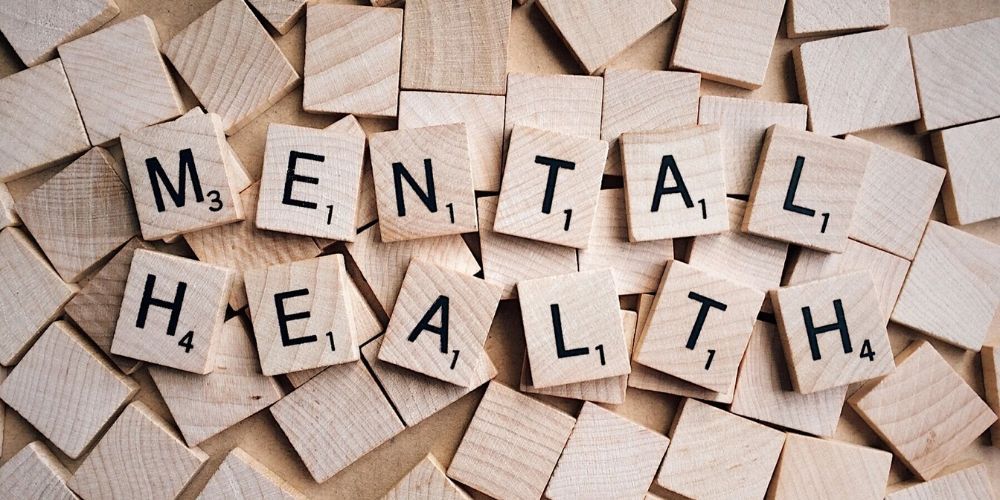Does Depression Make You Eligible For Disability Benefits?
Depression is a widespread mental health condition that affects millions globally. For some, it severely impacts daily life, making it hard to manage responsibilities or maintain employment. Many wonder if depression qualifies for disability benefits and how to apply.
This blog post will discuss whether depression is considered a disability under the Americans with Disabilities Act (ADA), how Social Security views it, and the available benefits.
Is Depression A Type Of Disability?
The Social Security Administration (SSA) recognizes mental disorders, including depression, as disabilities under certain conditions. For depression to qualify, it generally needs to be severe enough to limit one’s capacity to work or perform essential tasks.
This classification depends largely on the intensity and persistence of symptoms over time and the effectiveness of treatment. According to the Americans with Disabilities Act (ADA), mental health conditions, including depression, can entitle individuals to reasonable accommodations at work. Therefore, while not all cases of depression are deemed disabilities, severe forms are often recognized as such.
Do You Qualify for SSDI or SSI?
SSDI and SSI have different eligibility requirements:
- SSDI: Requires a qualifying disability and sufficient Social Security work credits, usually from previous employment or, in some cases, from a spouse or parent.
- SSI: Does not require work credits but has age (65+), blindness, or disability criteria and is based on limited income and resources.
It's possible to qualify for both SSDI and SSI if you meet the criteria for each program.
Also Read: What Conditions Automatically Qualify You For Disability?
SSA Criteria for Depression as a Disability
To qualify for Social Security disability benefits for depression, you must meet specific criteria set by the Social Security Administration (SSA). You need to show at least five of the following symptoms:
- Depressed mood
- Loss of interest in activities
- Significant changes in appetite or weight
- Sleep disturbances
- Noticeable lethargy or agitation
- Loss of energy
- Feelings of guilt or worthlessness
- Difficulty concentrating
- Suicidal thoughts
Additionally, you must meet at least one of these conditions:
- Limitations in understanding, interacting, focusing, or self-care.
- Persistent and severe depression with treatment evidence for at least two years, along with difficulty adapting to changes.
How to Apply for Social Security Disability Benefits
- Check Eligibility: Ensure your condition meets SSA’s disability criteria.
- Gather Documentation: Collect medical records, treatment histories, and healthcare assessments supporting your claim.
- Choose Application Method: Apply online, by phone, or in person at your local SSA office.
- Submit Your Application: Complete and submit your application, keeping copies of all documents.
- Prepare for Review: The SSA will contact you for more information or a consultative exam.
- Seek Legal Help: Consider hiring a disability attorney or advocate to assist with your claim.
Conclusion
Applying for disability benefits due to depression can be challenging. If you or someone you know has a mental disorder, seeking professional help can make a significant difference.
Eric R. Hunt Attorney specializes in disability claims and can guide you through the process, ensuring your rights are protected. Don't hesitate to reach out for support with your application.
A Caring SSDI Attorney Serving Temecula, Palm Springs, and Hemet in CA
We know how hard it can be to take on the government, particularly if you're chronically ill and in pain. That's why the Law Offices of Eric R. Hunt will always fight doggedly for our clients, offering determined seasoned legal representation to everyone we work with.
We also strive to treat every client with courtesy, honesty, and respect, doing our best to make the legal process as straightforward and calm as possible. We're a locally owned practice, and our client's satisfaction is our number one priority.
We will get back to you as soon as possible
Please try again later
Specializing in Social Security
Disability Cases Since 2004
Serving the Inland Empire, including Hemet, Temecula, Palm Springs, and Riverside and San Bernardino counties.
Quick Links
The Staff
Privacy Policy
Do Not Share My Information
Conditions of Use
Notice and Take Down Policy
Website Accessibility Policy
Legal Disclaimer
This website is for informational purposes only. The information you obtain at this site is not, nor is it intended to be, legal advice. You should consult an attorney for advice regarding your individual situation. We invite you to contact us and welcome your calls, letters, and electronic mail. Contacting us does not create an attorney-client relationship. Please do not send any confidential information to us until such time as an attorney-client relationship has been established.
Contact info
© 2024 The content on this website is owned by us and our licensors. Do not copy any content (including images) without our consent.











